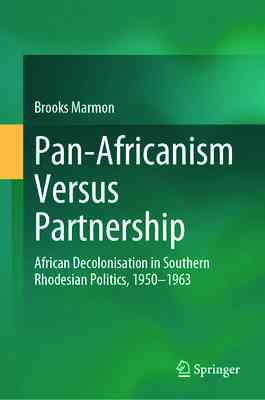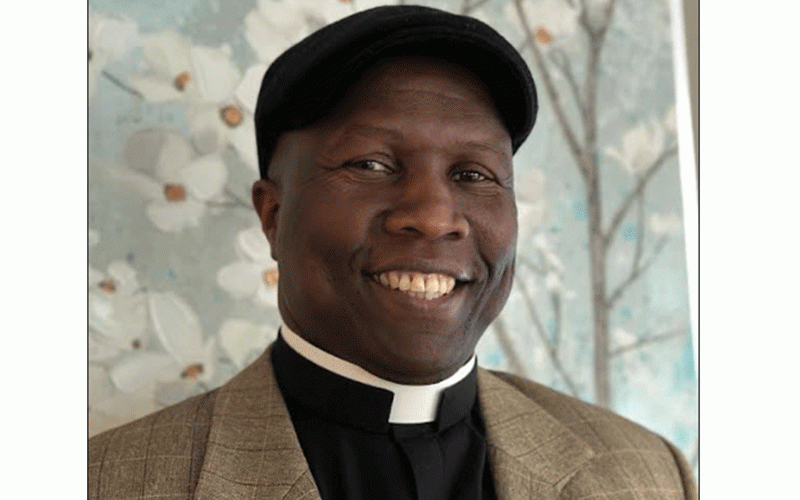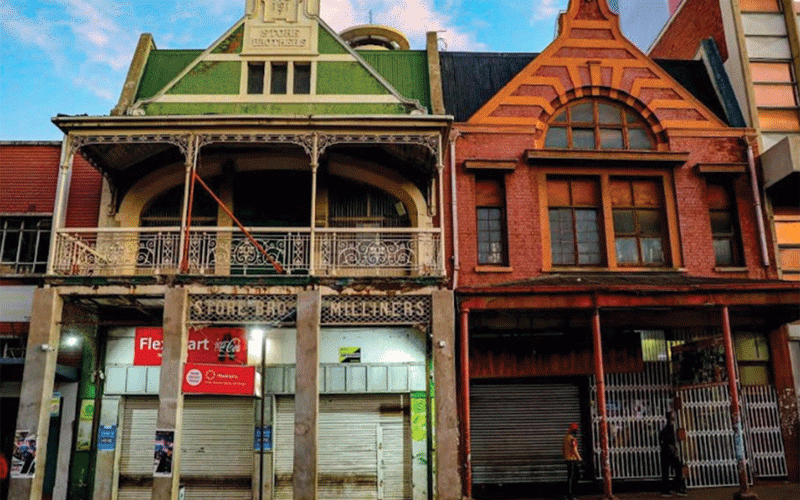
The revolutionary political transformation that spread across Africa in the aftermath of the Second World War revived and accelerated African nationalism and the decolonisation movement tremendously.
Beginning with Ghana in 1957, many African countries in west, east and central Africa gained independence on the basis of black majority rule at a lightning speed. This historical phenomenon was described by the then British prime minister Harold Wilson in a speech addressed to a capacity audience of the Parliament of South Africa on 3 February 1960 in Cape Town, in these words, ‘‘the wind of change is blowing through this continent. Whether we like it or not, this growth of national consciousness is a political fact.’’
Indeed, in the 1950z and 60z, the demand for self-determination, independence and freedom had become a contagious and fiery transnational movement on the African continent and Southern Rhodesia (Colonial Zimbabwe), was not spared.
In Pan-Africanism Versus Partnership: African Decolonisation in Southern Rhodesian Politics, 1950–1963, Edward Brooks Marmon, a post-doctoral scholar at the Mershon Center at the Ohio State University in Columbus, asks one principal question: how did African decolonisation transform Rhodesian politics? He argues that decolonisation elsewhere in Africa helps to explain: the 1962 rise of the Rhodesian Front and more reactionary white settler opinion; and splits in the African nationalist movement in the early 1960s and the rise of an intolerance of opposition in nationalist circles.
In a comparatively rare maneuver, this book jointly considers black and white politics, and in a departure from conventional literature, overtly positions the latter in an international setting. It expands the consideration of regional and continental African influences on Rhodesia beyond the common histories of the key Frontline States (FLS) leaders, Kenneth Kaunda, Julius Nyerere, and Samora Machel and the 1970s when the liberation war intensified from July 1964 to December 1979.
The book begins by examining how white Rhodesians sought to push-back, delay or prevent African nationalism and calls for independence by consolidating regional white power structures.
It shows for example, how establishments like the Federation of Rhodesia and Nyasaland and the Central African Alliance Plan were used to harness the political legitimacy and leverage needed to secure the confidence of most of the white electorate against a backdrop of wider African decolonisation.
Though significant, these initiatives failed to bring about the desired results, largely because of the inevitable strength and growth of African nationalism. Chapter three examines how African decolonisation elsewhere in Africa shaped intra-nationalist competition for power in Southern Rhodesia.
- Inside Sport: Local stadiums in urgent need of attention
- Ghetto dances: When love of money goes beyond bounds of sanctity
- Dawson pleased ahead of World Cup qualifiers
- Eva heads for Miss Heritage Global
Keep Reading
Focusing on the activities of the National Democratic Party (NDP), the Zimbabwe African People’s Union (ZAPU) and the Zimbabwe African National Union (ZANU), the chapter shows how political, constitutional, tribal, and ideological differences breaded contradictions and inconsistences that led to sporadic splits in the nationalist movements.
It argues that this internal nationalist discord obstructed the liberation movement’s ability to maximize support from the newly independent African states.
Chapter four examines how the independence of West African countries like Ghana and Nigeria impacted decolonisation politics in Southern Rhodesia. It pays particular attention to the impact of prominent historical figures like Kwame Nkrumah and Abubakar Tafawa Balewa who led their countries to independence in 1957 and 1960 respectively.
Chapter five examines how the independence of the Republic of Congo (today’s Democratic Republic of the Congo) shaped political competition in Southern Rhodesia.
It shows for example how the Congo’s white ‘refugee’ crisis following independence in mid-1960, the deaths of Patrice Lumumba and Dag Hammarskjöld the following year, and the Katanga secession, prompted politically minded Rhodesians of all races to debate the lessons of the Congo.
‘‘For Zimbabwe’s nationalists, the Congo crisis presented a gripping series of events with which to hone strategy, exhibit sub-regional solidarity, and take stock of white determination to obstruct African liberation from reaching the southern tip of the continent,’’ Marmon wrote. Chapter six examines how the independence of Nyasaland shaped Southern Rhodesia’s politics. Paying particular attention to the influence of key historical figures like Hastings Kamuzu Banda, Terence Ranger, Peter Mackay and Guy Clutton-Brock, the chapter considers the attempts of white politicians from Southern Rhodesia to forge connections in Nyasaland, as well as similar moves by their anti-colonial nationalist opponents. The chapter concludes with a brief exploration of the influence of the external branches of Nyasa nationalist parties operating within Southern Rhodesia. Chapter seven makes the argument that the extended impact of African decolonisation on Southern Rhodesian politics caused the ruling Rhodesian Front to adopt a highly antagonistic position toward sovereign African states.
The book is a welcome contribution to the discourse of African nationalism and Pan-Africanism. We learn that the politics of African nationalism in Southern Rhodesia cannot be explained only in terms of domestic historical circumstances, but by a set of transnational historical factors that had a continental nexus. No historical account on Southern Rhodesia had ever established these transnational alignments and realignments. Although the book examines the period between 1950-63, the delimitation is not reflective of the particular time which Africans were awakened to challenge European colonial rule. It is merely reflective of the specific time when particular historical circumstances brought about permanent revolutionary outcomes. Throughout the course of colonial rule in Zimbabwe, the demand for self-determination always expressed itself through a variety of ways which were also transnational. We also learn that the degree of resistance by settlers in Southern Rhodesia was influenced by the growth and achievements of African nationalism at a transnational scale. However, it is important to note that the same degree of resistance depended on how the settlers viewed the colonies. Hence, in colonies like the Gold Coast (Ghana), Nigeria, Sierra Leone, Uganda and Tanganyika, freedom was attained after peaceful or less violent nationalist agitation because of the small numbers of European settlers.
But in Southern Africa where European settlers viewed colonies as their permanent homes, peaceful or less violent nationalist agitation did not result in the attainment of political freedom. Instead, protracted wars of liberation had to be waged to bring about independence.
This book is good for students of history, political science, and international relations. It is well structured, coherent, and decipherable. Readers will find it insightful and engaging.
The topic of African nationalism is a foundational ingredient for understanding the current rise of the decolonial school of thought that has rejuvenated college campuses across the world. You can watch my interview with Edward Brooks Marmon about this book on (https://youtu.be/__NAhbf5bH4?si=tAJNodorLhPYDC7q).
- Chikumbu is a Zimbabwean historian, columnist, and lecturer. He is currently a teaching associate, PhD (Abd) candidate and Frederick Gilbert Bauer research fellow in the Department of History at the University of Massachusetts Amherst in the United States.










